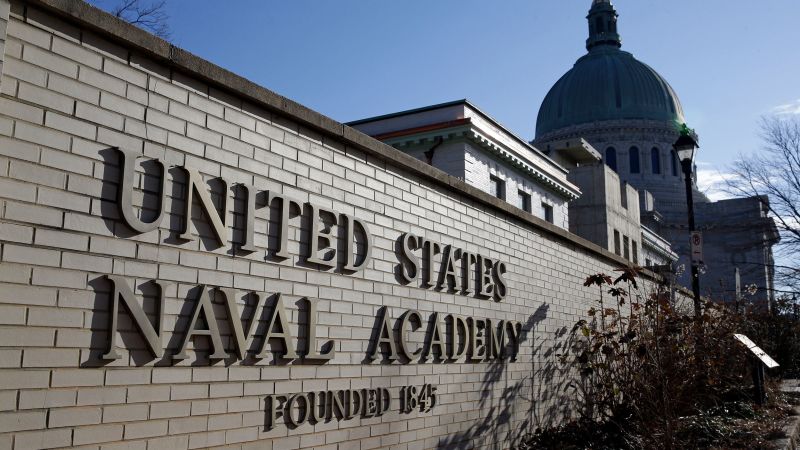Silenced Voices: Naval Academy Pulls Plug on Author's Anti-Censorship Talk

In a controversial move that highlights ongoing tensions around academic freedom, the US Naval Academy abruptly canceled a lecture by author Ryan Holiday after he refused to modify his presentation. The cancellation stemmed from Holiday's unwillingness to remove slides that critically examined the academy's recent decision to purge nearly 400 books from its main library.
The incident has sparked debate about censorship and intellectual discourse within military educational institutions. Holiday, known for his thought-provoking writing on media and culture, stood firm in his stance, choosing to maintain the integrity of his original presentation rather than compromise his message.
The Naval Academy's sudden withdrawal of the speaking invitation appears to be a direct response to Holiday's critique of their library book removal, raising questions about the institution's commitment to open dialogue and diverse perspectives. By attempting to suppress critical commentary, the academy has inadvertently drawn more attention to the controversial library policy.
This episode underscores the ongoing challenges educational institutions face in balancing institutional narratives with academic freedom and the open exchange of ideas. Holiday's principled stand has transformed what might have been a routine campus lecture into a significant conversation about intellectual censorship and academic transparency.
